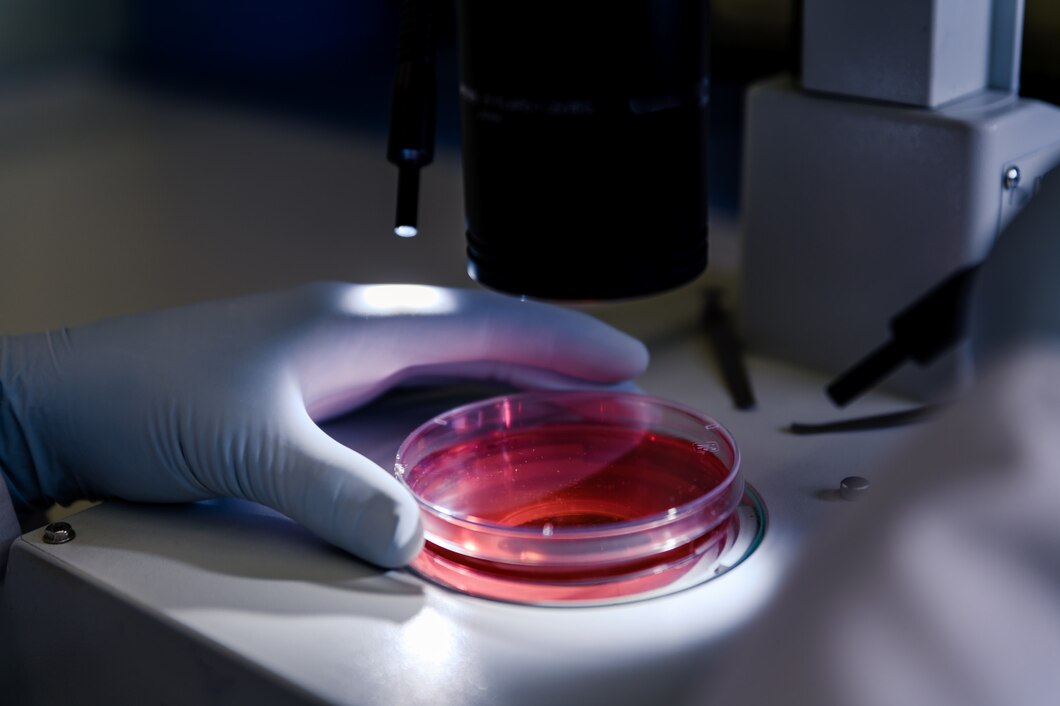Introduction
In recent years, the field of oncology has seen significant advancements with the introduction of liquid biopsies. These non-invasive tests have the potential to revolutionize cancer diagnostics by allowing for early detection and continuous monitoring of tumor progression and response to treatment.
What is a Liquid Biopsy?
A liquid biopsy is a test conducted on a sample of blood to look for cancer cells or pieces of DNA from tumor cells circulating in the blood. Unlike traditional biopsies that require surgical procedures to extract tumor samples, liquid biopsies are minimally invasive and can provide a comprehensive snapshot of the genetic landscape of the cancer.
How Do Liquid Biopsies Work?
Liquid biopsies analyze circulating tumor DNA (ctDNA), RNA, exosomes, and other biomolecules found in the bloodstream. These biomolecules are shed by tumor cells into the blood, providing crucial information about the genetic alterations and mutations present in the cancer. By detecting specific genetic markers, liquid biopsies can help in identifying the type of cancer, its stage, and possible mutations driving its growth.
Advantages of Liquid Biopsies
- Non-Invasiveness: Liquid biopsies are less risky and less painful compared to traditional tissue biopsies.
- Early Detection: They can detect cancer at an earlier stage when it is most treatable.
- Real-Time Monitoring: Liquid biopsies allow for continuous monitoring of treatment efficacy and disease progression.
- Comprehensive Profiling: They provide a broader genetic picture, enabling personalized treatment plans.
Current Applications in Oncology
- Early Detection: Identifying genetic mutations associated with specific cancers long before symptoms appear.
- Treatment Monitoring: Assessing how well a treatment is working and making timely adjustments.
- Understanding Resistance Mechanisms: Uncovering why certain cancers resist treatment and finding ways to overcome it.
- Screening for Recurrence: Monitoring for signs of cancer returning post-treatment.
Limitations and Challenges
While liquid biopsies hold great promise, they also face challenges such as the sensitivity and specificity of detecting rare mutations, and the interpretation of complex genetic data. More research and clinical trials are needed to refine these techniques and establish standardized protocols.
Future Prospects
The future of liquid biopsies looks promising with advancements in technology and a better understanding of cancer genomics. Ongoing research aims to improve the accuracy and reliability of these tests, making them a standard part of cancer care.
Conclusion
Liquid biopsies represent a groundbreaking advancement in oncology, providing a safer, quicker, and more comprehensive method for cancer diagnostics. Continued research and clinical integration of these tests hold the promise of vastly improving patient outcomes and personalized treatment strategies.




